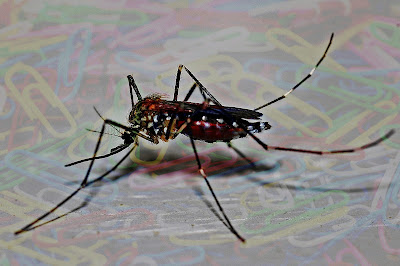Philosophy Now Magazine - Question of the Month
Below is my "Question of the Month" response which was published in Philosophy Now, April/May 2016 (see subscriber only link)
(I was awarded a random book for my response.)
Curiosity of course occasionally kills the cat. Hence the need for it to be tempered with common sense. Nevertheless, it is preferable to dare to explore Icarus-like rather than die ignorant. As astrophysicist Subrahmanyan Chandrasekhar said in a tribute to the great scientist Arthur Eddington’s spirit of discovery, “let us see how high we can fly before the sun melts the wax in our wings.” And when we pass on, we leave behind – somewhat like the Cheshire Cat’s surreal grin – the fruits of our wonder.
(I was awarded a random book for my response.)
What’s Your Best Advice or Wisdom?
 |
| Mars Rover (By NASA/JPL/Cornell University, Maas Digital LLC [Public domain], via Wikimedia Commons) |
Imagine if Alice hadn’t followed the White Rabbit down the rabbit hole. She would then not have drunk the potion (or was it ate the forbidden fruit?) and met the March Hare and the Mad Hatter. My best piece of wisdom is therefore for us not to lose our sense of wonder about the world around us. If not for our inquisitiveness, we would still be living with the Flintstones. Evolution did not have in mind a Buddha or a Beethoven; we nevertheless went on to discover fire, invent the wheel, and to write Hamlet. An inquiring mind led us also to relativity, quantum physics and all the natural laws. If we had not uncovered them, we would still be conflating acts of nature with acts of God.
 |
| The Eavesdropper by Eugene de Blaas (1845-1912) (Wikimedia Commons) |
All animals may be curious in their own way. However, their curiosity is chained to their survival needs. Humanity may be the only species that exhibits curiosity for curiosity’s sake. Our zest for inquiry may therefore be unique, in a way – another reason why we should cherish it. Moreover, just as language “makes infinite use of finite means,” as Wilhelm von Humboldt found, we can derive unbounded use from our sense of wonder too. Considering that we may be the most intelligent beings on the planet, we have a moral imperative to use that intelligence to better the world. Such an action would give us also immense satisfaction and pride. As Francis Bacon exhorted, “all knowledge and wonder… is an impression of pleasure itself.”
Curiosity of course occasionally kills the cat. Hence the need for it to be tempered with common sense. Nevertheless, it is preferable to dare to explore Icarus-like rather than die ignorant. As astrophysicist Subrahmanyan Chandrasekhar said in a tribute to the great scientist Arthur Eddington’s spirit of discovery, “let us see how high we can fly before the sun melts the wax in our wings.” And when we pass on, we leave behind – somewhat like the Cheshire Cat’s surreal grin – the fruits of our wonder.


It was interesting to read your thought-provoking response to the question -- "What Is Your Best Advice or Wisdom?"-- in the current Philosophy Now magazine. "[I]t is preferable to dare to explore Icarus-like rather than die ignorant." Exactly!
ReplyDeleteThank you.
Delete